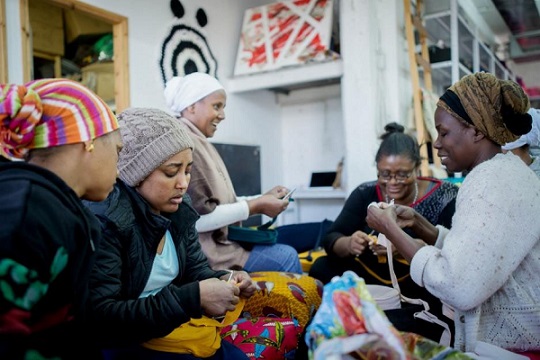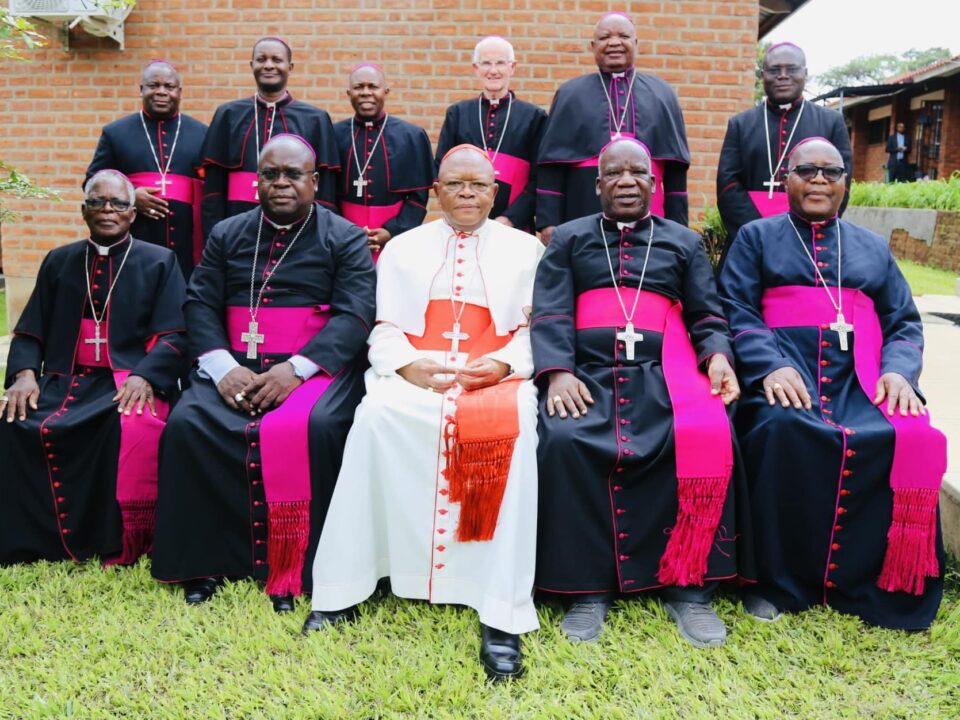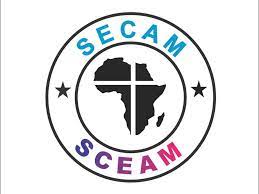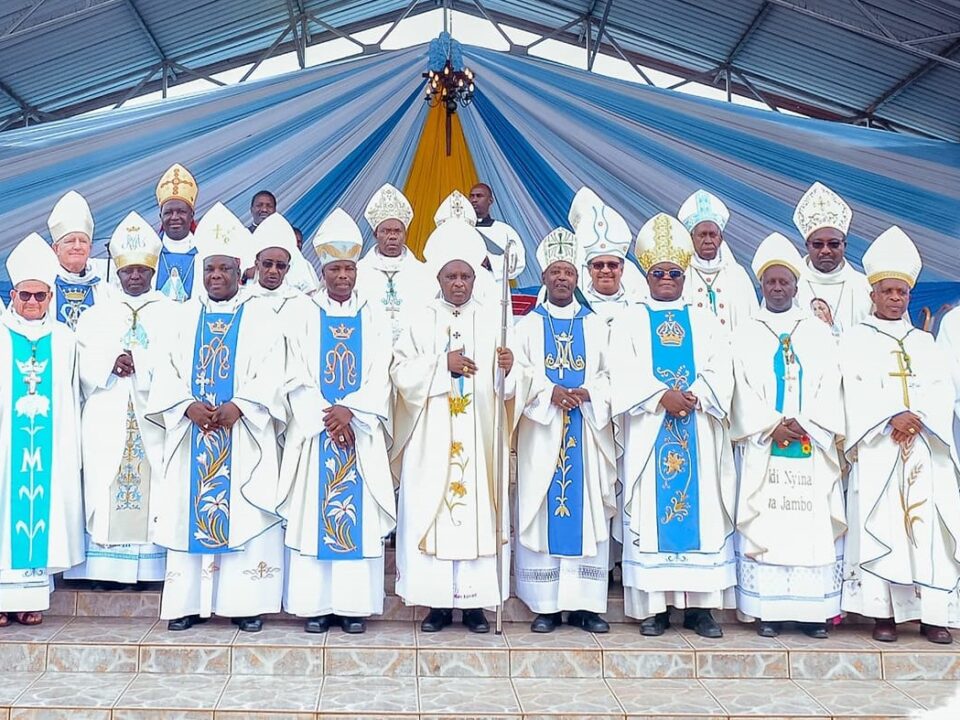- Contact us on - Contactez-nous sur - Contacte-nos em
- +233-30-277-8867/8
- +233-30-277-2548
- secam@secam.org
Asylum Seekers in Israel Try to Weave a Safety Net as Deportation Looms
Asylum Seekers in Israel Try to Weave a Safety Net as Deportation Looms
Global Sisters Report (GSR) || By Melanie Lidman || 05 April 2018
 Sr. Azezet Kidane, a Comboni Missionary sister originally from Eritrea, thought the worst part of the trauma for the Eritrean asylum seekers she counsels in Israel was already behind her. Through Kidane’s work with Physicians for Human Rights, she uncovered thousands of incidents of torture among asylum seekers who were kidnapped along their route from Africa.
Sr. Azezet Kidane, a Comboni Missionary sister originally from Eritrea, thought the worst part of the trauma for the Eritrean asylum seekers she counsels in Israel was already behind her. Through Kidane’s work with Physicians for Human Rights, she uncovered thousands of incidents of torture among asylum seekers who were kidnapped along their route from Africa.
But the Eritreans in Tel Aviv, already struggling with poverty, isolation and discrimination, and some who were slowly healing from torture, now face yet another hurdle: Prime Minister Benjamin Netanyahu’s aggressive and controversial plan to deport African asylum seekers. Deportation is set to begin within weeks.
Netanyahu, buoyed by a conservative-led government, charges that the migrants came to Israel for economic reasons and they threaten Israel as a Jewish and democratic state.
On Monday, Netanyahu made the dramatic announcement that the state will work with the United Nations High Commissioner for Refugees to resettle half of the asylum seekers in third countries such as Canada and Sweden in exchange for permanent status for the remaining asylum seekers. But only hours later, he froze the deal and then outright canceled it after pushback from right-wing activists, throwing the asylum seeker community further into uncertainty.
The deportation plans, originally slated to start during Passover, the Jewish holiday that marks the liberation from slavery in Egypt, have garnered widespread condemnation from diaspora Jews, Holocaust survivors and left-wing activists in Israel.
“The people of Israel — a country built by those who fled Hitler’s ovens and the oppression of Arab countries where they were treated as second-class citizens — understand the injustice of the government’s policy in our bones,” wrote Rabbi Susan Silverman in an op-ed in The New York Times.
There are 38,000 African migrants and asylum seekers in Israel, according to the Israeli government. About 72 percent are Eritrean and 20 percent are Sudanese. The rest are from Nigeria, Côte D’Ivoire and other places.
Eritrean asylum seekers came to Israel via Sudan and Egypt, fleeing a harsh dictator and compulsory military service that can last up to 40 years for men. Sudanese asylum seekers fled genocide in Darfur and fighting between Sudan and South Sudan. Both groups face danger and possible death if they are deported to their country of origin.
The vast majority arrived in Israel between 2006 and 2012. In 2014, Israel completed construction of a 150-mile electronic fence along the border with Sinai, which brought the illegal immigration to a complete halt. Netanyahu boasted about its effectiveness on Twitter.
About 7,000 asylum seekers passed through kidnappers’ torture camps in the Sinai desert just a few miles from the Israeli border. In June 2012, Hilary Clinton, then U.S. secretary of state, honored Kidane with a Trafficking in Persons Report Hero Award for helping expose the existence of the Sinai camps by collecting 1,500 testimonies for Physicians for Human Rights.
In the camps, victims were sometimes tortured while they were on the phone begging family members in Israel and Eritrea to pay ransom money.
Read more at Global Sisters Report…



